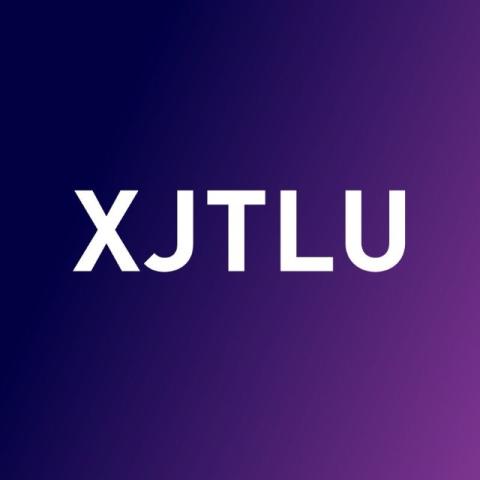
Online review exercises to improve student performance in large courses
Successful remote learning, like all learning, requires regular reviewing of learning materials and completion of homework. However, some students may lack the self-discipline to undertake this work, especially when these learning tasks do not contribute towards their overall course grade.
It is challenging for instructors to ensure all students are engaging with the course materials and completing set work when teaching very large cohorts online.
One mechanism that can work as a way to motivate and engage large numbers of students is the introduction of review exercises each term. These test students’ knowledge and understanding of course material, then provide feedback and help them target areas needing additional work, while also contributing towards their final grade.
To improve student engagement and provide timely feedback to aid learning in the financial accounting module we teach to more than 500 students, we rolled out two online review exercises during the term, which together account for 10 per cent of the overall grade.
Based on this experience, we have three key suggestions for instructors considering designing online review exercises for large student bodies.
Create a challenge
First, online review exercises should be challenging for students. When challenged, students are more motivated to engage in learning activities to better understand the subject.
For example, each of our online review exercises has only one integrative question that covers multiple topic areas. In the first exercise, students are given several transactions and prepare a balance sheet using the accounting equation. In the second exercise, students prepare a balance sheet, an income statement and a statement of changes in equity. More transaction types are included in the second exercise, which not only covers new learning content but also reinforces the content previously learnt.
We’d advise instructors to avoid multiple-choice questions for online review exercises because such questions have been criticised for mainly evaluating learning at lower cognitive levels.
Link to learning resources
Second, in addition to showing the students where they have misunderstood or their responses could be improved, a link to related learning resources should be provided to help them improve their grasp of the topic areas.
Alternatively, instructors could opt not to provide information about why certain responses are incorrect, or related learning resources, instead asking students to figure it out themselves. This approach will make the exercise more difficult.
Limit the number of attempts
Third, the number of attempts allowed for each exercise should be capped at no more than five. When we first introduced the online review exercises, we allowed students to make unlimited attempts. We found the mean score of the second to fifth attempts was higher than that of the first attempt, but the mean score in the sixth and later attempts was not higher. One reason is that in later attempts, some students used a brute force, trial-and-error approach by continuously keying answers where marks were lost. However, by limiting the number of attempts, students need to treat each attempt more seriously, really considering where they might have gone wrong or what could be improved.
In our case, during assessment week, students can work on the exercise for a maximum of three attempts. The highest score is recorded as the final score. Students need to complete the exercises within a set time, which for our students was two hours for the first exercise and three hours for the second. They are free to view lecture notes, textbooks and other learning materials and to discuss answers with other students. Few students achieve entirely correct answers in their first few attempts so discussions between them help stimulate deeper learning.
While students can immediately see their scores and where they lost marks, they cannot see the solution until the closing date of each exercise.
Correlation to better performance
Students claim that they find the online review exercises useful and easy to use. Through the variety of learning activities they undertake in completing the exercises – including revision of learning materials, online discussion with peers, and self-reflection – their understanding of the subject improves. Students say the exercises provide timely feedback that helps them identify improvement areas. They also say that this type of assessment makes them less stressed and motivates them to work hard.
Our regression analysis based on the data saved in the system log file suggests students’ effort in completing the online review exercises is positively related to their performance in these exercises, the midterm exam and the final exam. Overall, the online review exercises seem to be an effective and efficient tool in enriching students’ learning experience in a large course by promoting active engagement and enhancing motivation.
Peng Cheng is senior associate professor and head of the department of accounting and Rui Ding is assistant professor, module leader, and ACCA liaison and accreditation lead in the department of accounting at Xi’an Jiaotong-Liverpool University.
This advice is taken from the paper The effect of online review exercises on student course engagement and learning performance: A case study of an introductory financial accounting course at an international joint venture university, published in the Journal of Accounting Education.




